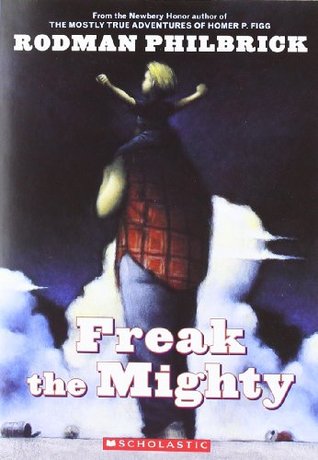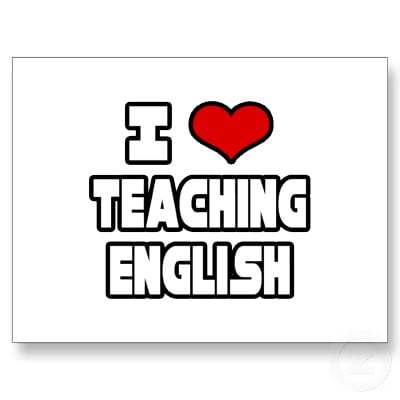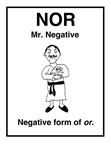It’s going to be busy in Grade 7 in the coming weeks! I’m excited to begin and wanted to fill you in on what to expect.
Grammar
As you know from the recent post on Subordinating Conjunctions or AAAWWUBBIS words, we’ve had a good time in Grade 7 creating fun sentences that show we understand how to create a complex sentence structure using a subordinating clause that starts with a subordinating conjunction, a comma, and then an independent clause. We LOVE sharing our crazy sentences. We wrote about killer apples, Dr. Phil and Steve Harvey, canned beans, Johnny and his sinkhole, and (sorry I forget, Boden and Grace) and characters who really have a problem with their legs (inside joke).
The POINT of learning about subordinating conjunctions, though, is that we use them in our daily writing. We need to take the time to ask ourselves, “Did I just start a sentence with an AAAWWUBBIS word? If so, I need a comma!” (See? I wrote a sentence with “If” and I used a comma!) I will be marking all grade 7 writing from now on EXPECTING that FANBOYS and AAAWWUBBIS rules are followed. Marks will be deducted for not using the comma correctly.

*To clarify, the above example does not involve a subordinating conjunction. The missing commas are called serial commas which are used when making a list. The last comma before the ‘and’ is called the Oxford Comma.
Research
Do you know where Zimbabwe is? How about El Salvador? Do you have any idea what the climate in Greece is like? Portugal? Sudan?
In the coming weeks, we are going to learn a lot about the countries of the world while simultaneously learning about:
- how to read nonfiction text
- how to use our school board’s online library – the VLC or Virtual Learning Commons
- how to determine which ideas in texts are important
- how to take notes in our OWN WORDS
- how to write the essay from our notes to avoid PLAGIARISM
- how to cite our research sources on a Works Cited page
- how to use an effective expository essay structure

Students will be given several websites in addition to those on the VLC that they can use in their research; however, they will not be allowed to just ‘google’ and find their own cites. All of the writing will be done in class from the notes in our notebook. Student will be advised to have at least 3 pages of notes by the end of the reading/research process. Then we will type out our essays and share them on our blogs!
Novel Studies
In the coming weeks, we are also going to get back into a whole class novel study in both Grade 7 classes. Please be good friends to each other and don’t spoil the books for the other class by divulging details that are much juicier when discovered during the reading!
For 7B, this will be “Freak the Mighty” by Rodman Philbrick. We will have regular novel quizzes and reading journals to during this novel study, so it will be important that all students keep up with the daily reading! I also look forward to some good small group and class discussion about the novel, which has deep themes and lovable characters!

In 7C we will be reading “Touching Spirit Bear” by Ben Mikaelson. In this class we will be doing regular chapter questions, reading responses, and small and large-group discussions so students will also want to keep up with the reading. This book is also one of my all-time favourites because of the rich themes, the sometimes gory details (you’ll see what I mean) and very real characterization.

As you can see, I am not kidding. We are going to get very busy in the near future! If you have a question or comment, please don’t hesitate to share with me in class, in email, on the blog, or in person.














































